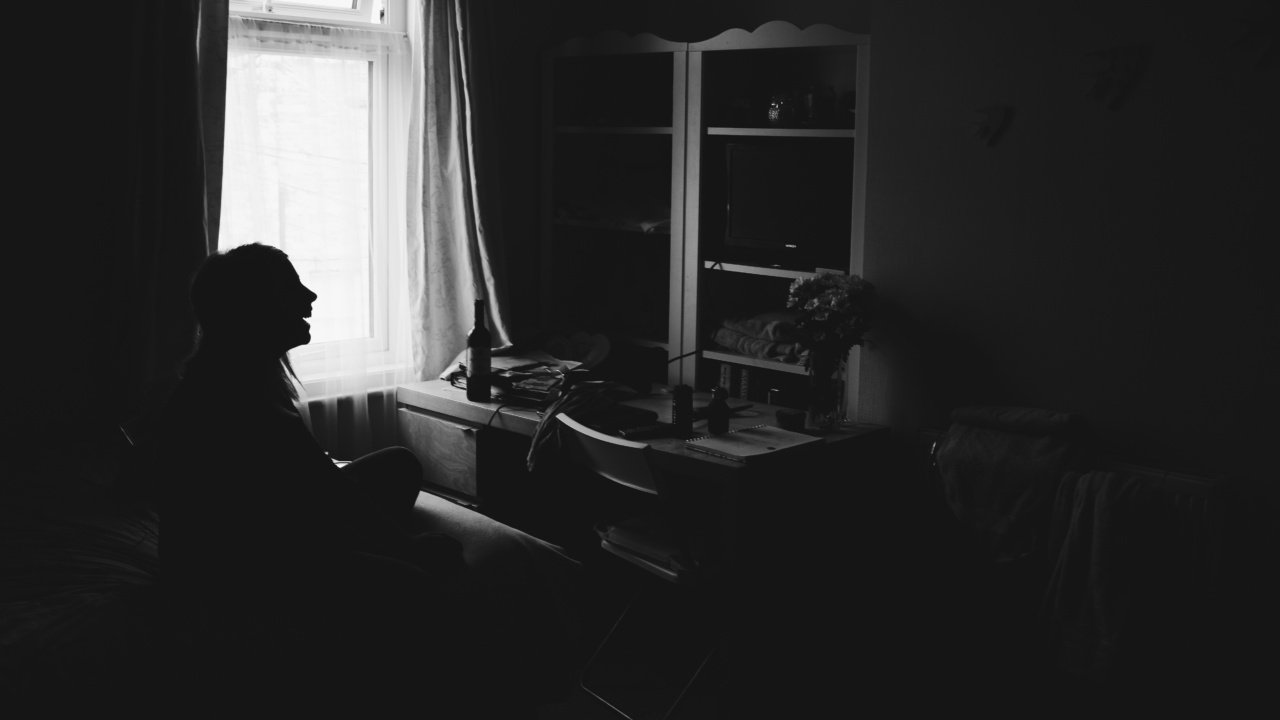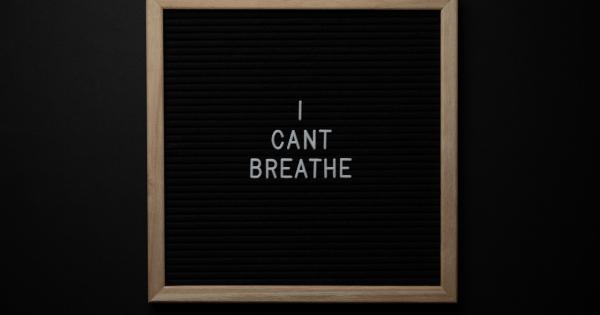Schizophrenia refers to a severe mental health disorder that affects how one thinks, feels, behaves, and perceives reality. It often involves a combination of symptoms such as delusions, hallucinations, disorganized speech, and disorganized behavior.
The disorder can result in profound impairments in daily functioning and social interactions. Although the exact cause of schizophrenia is still unknown, researchers attribute it to a combination of genetic, environmental, and neurochemical factors. The following behaviors suggest that a person may have schizophrenia.
Delusions
Delusions refer to firmly held beliefs that are not based on reality or evidence. Persons with schizophrenia often experience delusions, believing that they are being targeted or persecuted by some imaginary forces or individuals.
They may also harbor grandiose delusions, thinking that they have remarkable abilities, superhuman qualities, or a special mission that no one else can fulfill.
Hallucinations
Similar to delusions, hallucinations involve experiencing perceptions that are not based on reality. Persons with schizophrenia may hear voices that nobody else can hear, feel things that no one else can feel, or see things that do not exist.
These hallucinations can be disturbing, frightening, or torturous and can significantly impair an individual’s ability to function in daily life.
Disorganized Speech
Disorganized speech is another common symptom among persons with schizophrenia. It involves difficulty in organizing thoughts, which manifests in rambling, incoherent, or illogical speech.
It can also involve creating new words (neologisms), using words in strange ways (word salad), or repeating meaningless phrases (echolalia).
Disorganized Behavior
Disorganized behavior refers to difficulty in performing daily activities such as personal hygiene, maintaining a job, paying bills, or taking care of oneself.
Persons with schizophrenia may exhibit disorganized behavior that can appear purposeless or bizarre, such as wearing mismatched clothes or inappropriate attire, pacing incessantly, or engaging in repetitive activities.
Negative Symptoms
Negative symptoms refer to a diminished ability to experience emotions, pleasure, or motivation. Persons with schizophrenia may appear to be emotionally flat, showing little expression of joy, sorrow, or anger.
They may also have difficulty initiating activities or following through with tasks or engagements.
Catatonia
Catatonia is a serious symptom that can occur in persons with schizophrenia. It involves a marked decrease in movement or an increase in motor activity that is not purposeful.
Persons with catatonia may assume unusual postures, display rigid or odd behaviors, or become unresponsive to their environment.
Lack of Insight
Persons with schizophrenia may experience anosognosia, which is a lack of insight into their condition.
They may insist that they are perfectly fine, deny that they are experiencing any symptoms, or attribute their behaviors to external factors such as witchcraft, aliens, or government conspiracies.
Social Withdrawal
Persons with schizophrenia may prefer to isolate themselves or withdraw from social interactions. They may avoid family members, friends, or colleagues, and spend most of their time alone.
This social withdrawal can be due to feelings of paranoia, anxiety, or fear, or because of the negative symptoms of the disorder.
Aggression
Although not all persons with schizophrenia exhibit aggressive behaviors, some may become violent or irritable, especially when they feel threatened or paranoid.
They may engage in verbal or physical altercations with others, destroy property, or act impulsively. Aggressive behaviors can result in serious consequences, such as arrest, hospitalization, or injury to oneself or others.
Conclusion
Schizophrenia is a complex and debilitating mental health disorder that can significantly impair one’s ability to function in daily life.
Behaviors that suggest a person has schizophrenia include delusions, hallucinations, disorganized speech and behavior, negative symptoms, catatonia, lack of insight, social withdrawal, and aggression. Persons with schizophrenia require empathy, understanding, and comprehensive treatment that involves medication, therapy, and social support.































